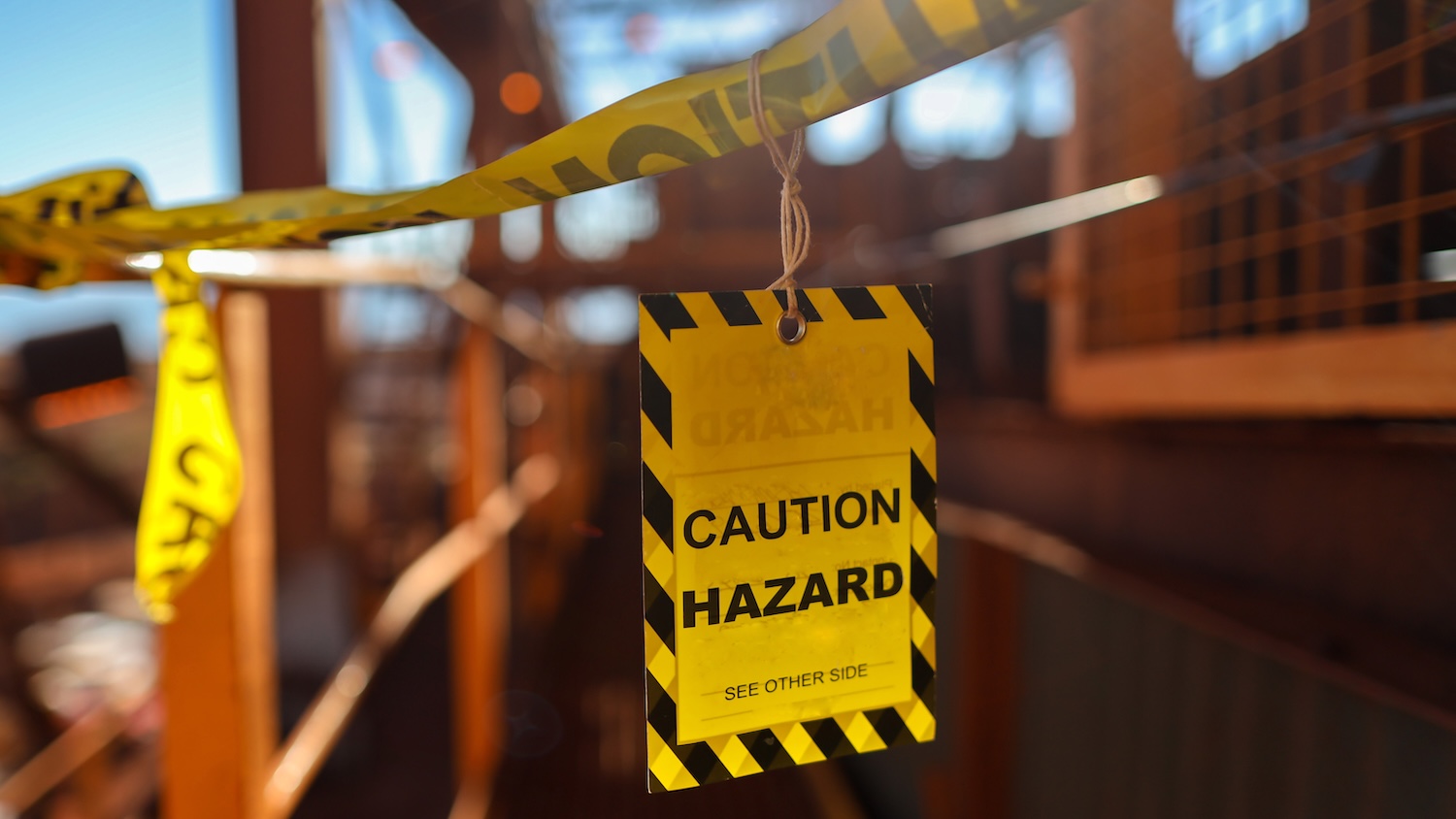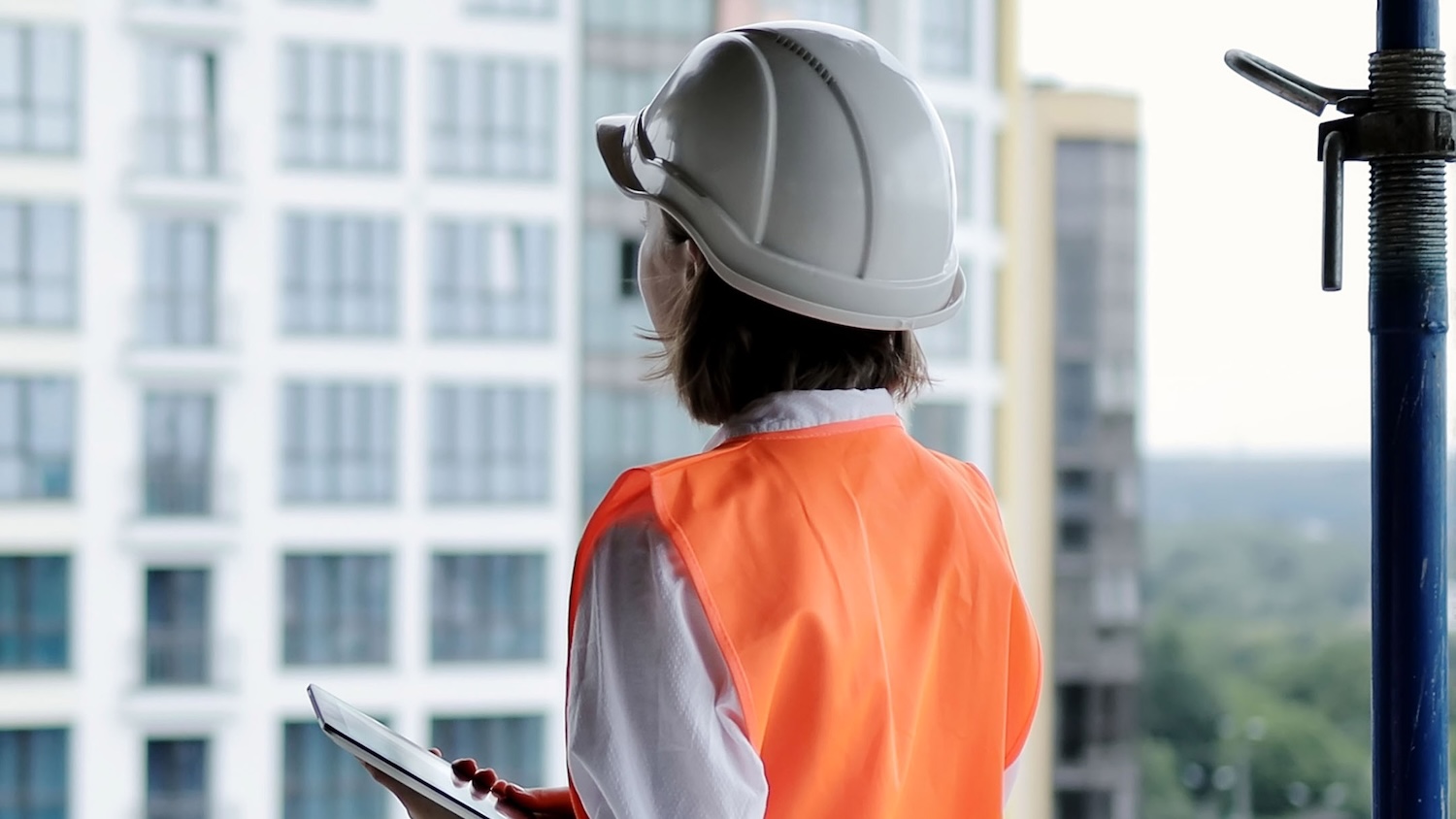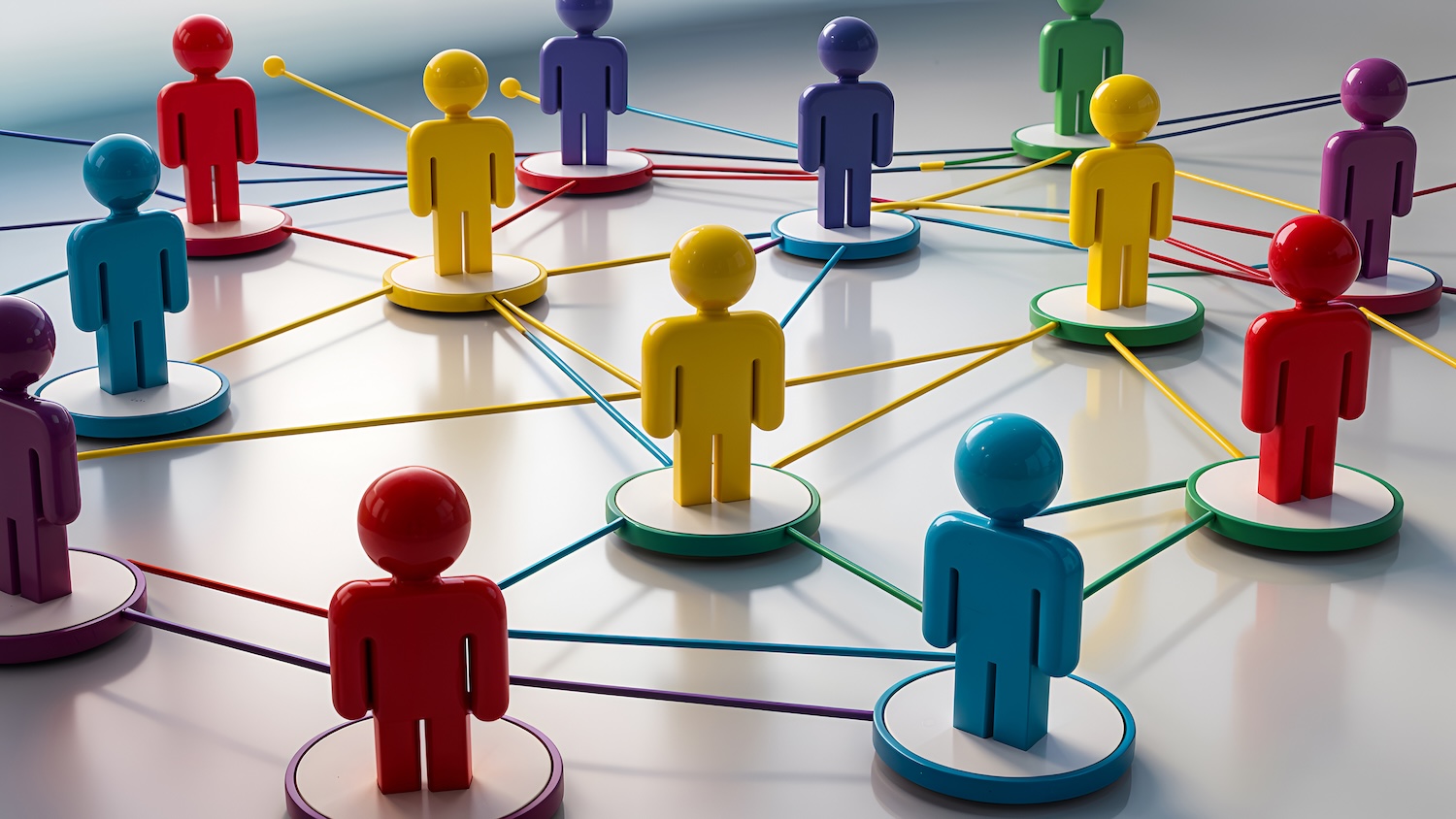
Is sustainable improvement lacking the personal touch?
Engaged and empowered people are fundamental to delivering ambitious environmental and social sustainability targets
Even with the most robust of corporate sustainability strategies, success is – to a certain extent – reliant on individuals embracing change and playing their part.
To truly embed sustainability at the heart of a business, companies need to engage their people and bring them along on the journey.
In the midst of a climate emergency, the construction sector – responsible for 11% of global energy-related carbon emissions – is under real pressure to continue to prioritise sustainable building and explore further strategies to help limit global warming to 1.5°C.
In these endeavours, sustainability should be viewed as an umbrella term comprising of environmental sustainability and social sustainability – which can include anything from employee training to improving the communities in which you work. People are motivated by both, and both are interconnected.
Of course, it is the responsibility of business to take action and deliver against sustainability targets – no one would argue otherwise. But let’s be under no illusions: success will be hard won if organisations aren’t taking their people on that journey.
So what’s the problem?
The reality is that while carbon reduction and net zero targets are commonplace, as is news of the major changes that companies are making to respond, it can be hard for colleagues to relate to these targets and understand the difference their own individual work can make. And with disillusionment can come disengagement.
It can be hard for colleagues to relate to carbon reduction targets and understand the difference their own individual work can make. And with disillusionment can come disengagement
Opinion polls on voting intentions in this year’s European Parliament elections show clear evidence of climate fatigue, with climate-sceptic parties expected to make sizeable gains.
There’s a real risk that this could filter into the workplace if businesses don’t do more to make targets meaningful and tangible to their teams.
In fact, a recent Deloitte report suggests that colleagues with strong environmental awareness could be pivotal to driving corporate sustainability plans – but not enough is being done to really engage them.
The importance of measurement
But there is a solution. Having worked in construction on major infrastructure projects up and down the country for more than two decades, I’ve seen first-hand how important measurement is.
For example, social value metrics can really help engage colleagues and help them understand the positive impact their work is having.
Kier has recently launched its ‘Kierriculum’ schools outreach programme, which makes the connection between school subjects with the construction industry and gives our people the chance to ‘pay it forward’.
As a business, we have a huge impact on the communities in which we work, whether it’s through community outreach, job creation or placemaking.
It’s critical that our people can see the tangible benefits that come from this and can feel proud of their contribution. After all, we all want to make a positive difference.
Breaking down barriers
But of course, true sustainability is about both the social and the environmental, and we want to make both equally accessible for our teams.
At Kier Group, our purpose is to sustainably deliver infrastructure which is vital to the UK. But what does that mean to our individual teams and how can we ensure corporate action is relatable at a personal level?
The first step for us has been evolving and simplifying our sustainability framework – called Building for a Sustainable World – to further support our ambitions to protect the environment and our people, and to create social value in the communities in which we work.
The framework is all about setting realistic goals and targets and putting clear plans in place to achieve them – plans that all our teams have a part in.
This accessible approach is also reflected in the way we measure balanced performance through a scorecard approach, which, alongside other non-financial measures, allows us to measure the added social value by business division, as well as tonnes of carbon emitted.
What’s fantastic here is that specific projects within each division feed into these metrics, meaning at any given time an individual can get a better understanding of how their project is contributing to business division sustainability performance and overall group performance.
Anecdotal feedback from our teams is that this personal insight really matters.
The power of people
But, even with these more accessible frameworks and metrics in place, the sustainability landscape – and the broad variety of terms that go with it – can be overwhelming and confusing.
We don’t want sustainability to be an ‘add-on’ for anyone. If we are to deliver against targets and make a positive difference, it must be part of the psyche of each one of our teams, day to day, from operations to HR, finance and everything in between
We want to change that and are putting training in place to ensure that none of our people are demotivated or put off sustainability endeavours as a result of a lack of understanding.
This takes the form of ‘sustainability literacy training’ so that – quite literally – everyone can talk the language of responsible business.
We are running a series of lunch and learn sessions, the first of which are all nature themed. They explore issues such as the link between nature and mental health, land restoration, drought resilience and equality of access to green space, and involve both external and Kier speakers.
Critically, these sessions are relaxed and interactive, giving our teams a chance to ask questions and genuinely learn more.
In a similar vein, we have also started to host ‘Sustainucation’ workshops in our natural resources, nuclear and networks business, which are designed to engage our teams and help them understand how making a sustainable difference is something we do every day – both at work and at home.
In these workshops, we bring together leaders from within the business to hear from internal and external speakers on sustainability.
From the design of our schemes through to how we procure and engage with our supply chain, how we deliver impactful volunteering days in our communities and encourage diverse recruitment into our industry; these workshops help employees understand how our work falls under the umbrella of sustainability – and critically, what that really means and the impact it has.
This is all part of the business division’s sustainability action plan, ensuring we are building our sustainability ambitions on sound foundations.
Making a difference
Ultimately, we don’t want sustainability, or responsible business, to be an ‘add-on’ for anyone. If we are to deliver against targets and make a positive difference, it must be part of the psyche of each one of our teams, day to day – from operations to HR, finance and everything in between.
Getting it right means investing in broadening access to information and understanding, but it also means ensuring we are really knitted into the communities in which we work.
Central to this is attracting and retaining a skilled workforce that mirrors the diverse communities we serve.
In FY23, we employed 646 apprentices, constituting approximately 6% of our total workforce. Of these apprentices, 50% were new hires, while the remainder were existing employees undergoing upskilling, with a focus on management and digital apprenticeships.
These apprenticeship schemes are just one facet of a range of emerging talent programmes aimed at delivering training and skills development, enhancing job opportunities and facilitating upward social mobility.
There is no silver bullet when it comes to sustainability. It requires all of us to play a part.
We want to get to a position where our teams can really understand the contribution their individual work or local site is making to our overall responsible business targets.
It will be this feeling of the ability to personally influence corporate goals that will make a difference.
The impact? Improved sustainability, yes, but also empowered and motivated people who can see the impact that their actions have on the performance of our business.
James Martin is health, safety, wellbeing and sustainability director and head of the responsible business team at Kier Group.






